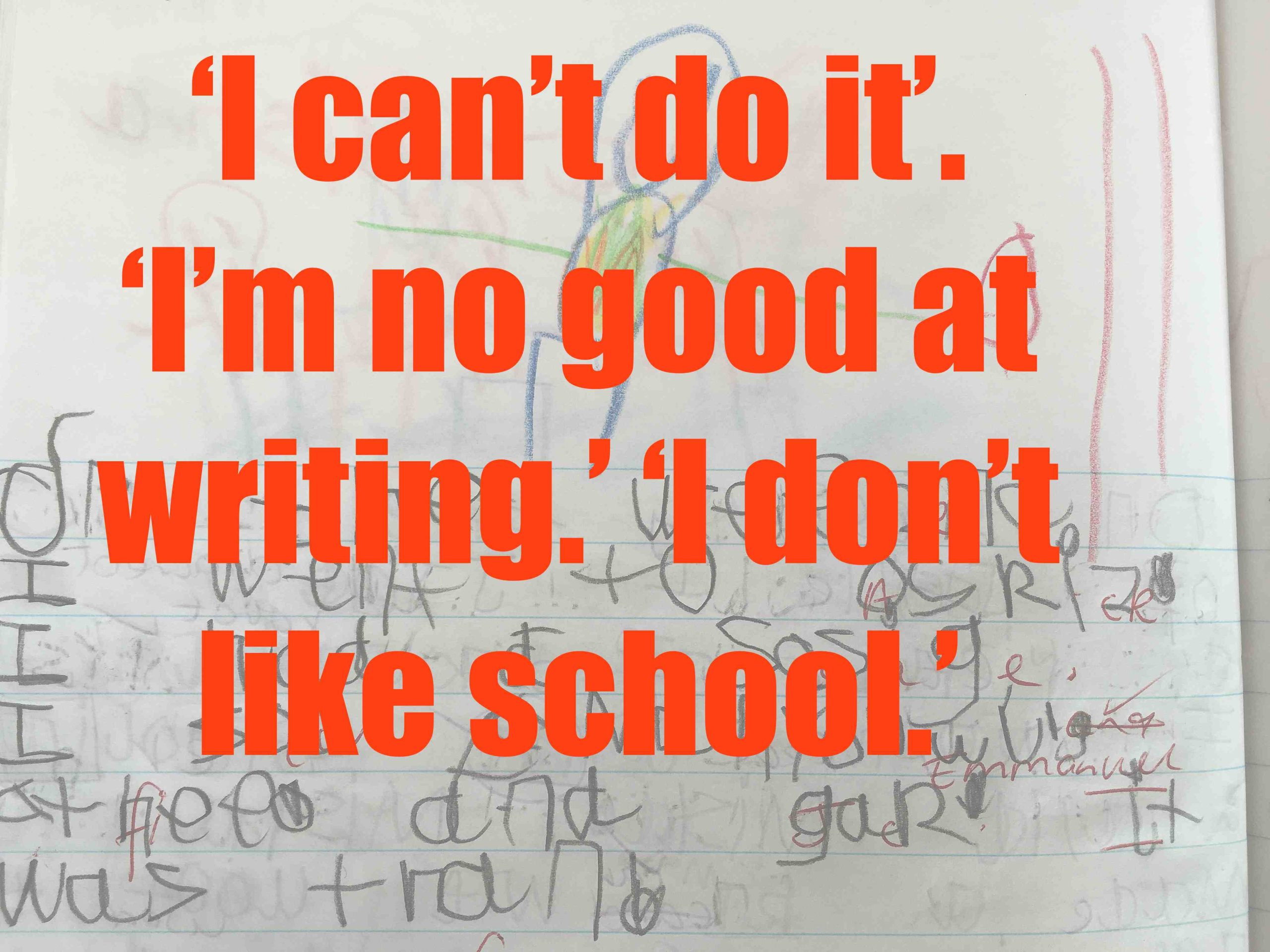Category: Underachievement
Unmotivated students: build your capacity as a teacher
As mid-year approaches and reports are prepared, the issue of how to better assist disengaged and unmotivated students often comes to the forefront. Unmotivated children tend to opt out, do the bare minimum required and can be difficult to teach. They may be unwilling to participate in discussions, frequently look bored, tune out, distract others,
Read moreNew release: Working with children who are disengaged and unmotivated in the classroom
Did you know that up to 20 per cent of students in any year are described as disengaged? [1]Angus, M., McDonald, T., Ormond, C., Rybarcyk, R., Taylor, A., & Winterton, A. (2009). Trajectories of classroom behaviour and academic … Continue reading This impacts significantly of the student’s learning outcomes. Many do not catch up academically in later years.
Read moreBuilding student self-belief for learning
In every class there are students who struggle to learn. Over time, some will begin to believe that even if they try, they will be unable to achieve. As a result, they may give up easily, be less willing to have a go, avoid trying new things, or asking for help, further reinforcing their perception
Read moreIt can be tough figuring out why some children have trouble starting and completing work. Are they tired, bored, hungry, preoccupied by something going on at home, or maybe they don’t fully understand the task? Or it might be something a bit harder to spot like anxiety. One in five children and adolescents have elevated
Read moreWhy is this student underachieving?* Or overachieving?
I’ll let you in on a little secret… IQ is not, I repeat NOT the best predictor of student success. If you work in a school you probably already know this but many students, parents, governments and other members of the community do not and it’s time to share this with them. Last week I
Read moreCan praise cause students to under perform?
You have probably heard that praising children is beneficial. However some types of praise may actually be detrimental. Praise that identifies innate qualities about the child such as talents or strengths, for example, ‘You’re really good at maths’, ‘What a good artist you are’ or ‘You are so clever’, may be causing children to under
Read more




